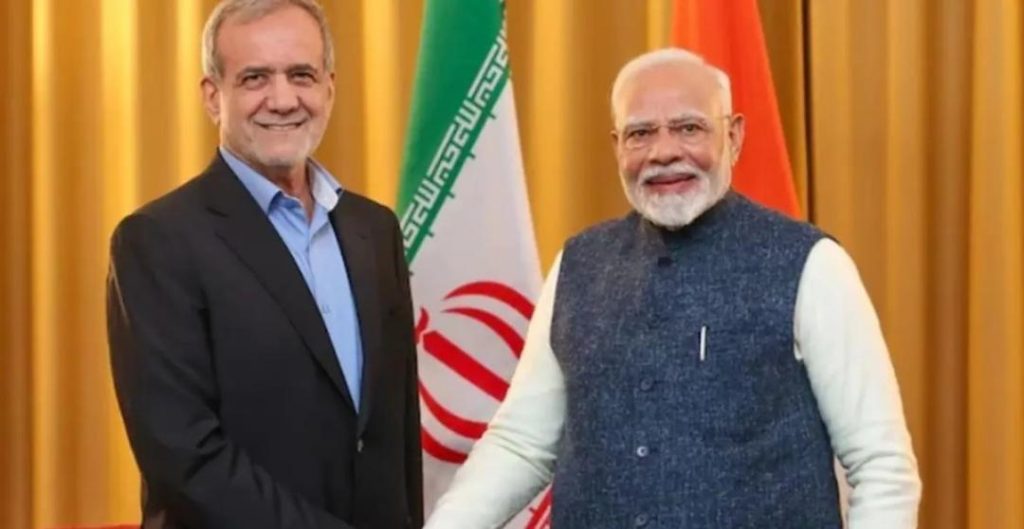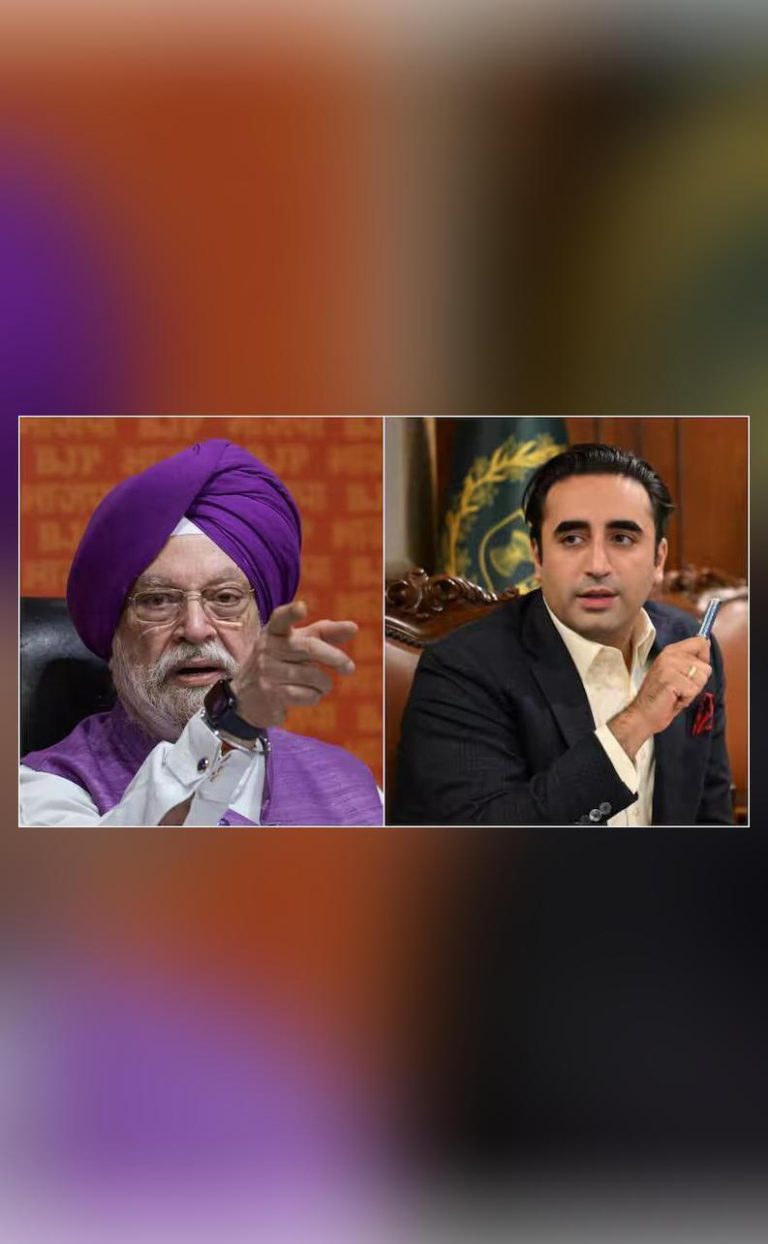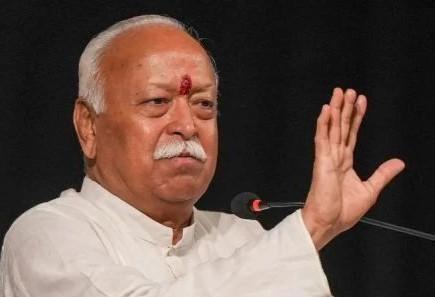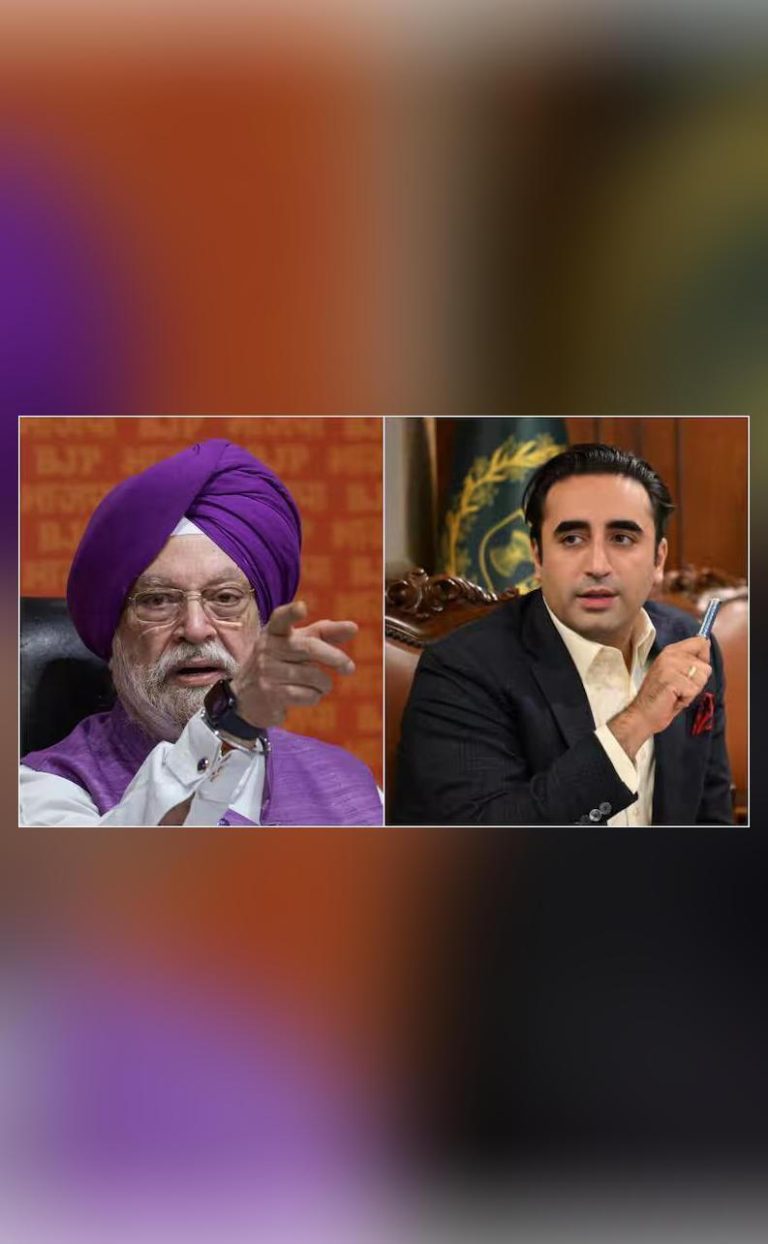
Iran Offers to Mediate between India and Pakistan After Pahalgam Attack
Tensions between India and Pakistan have been escalating in recent weeks, particularly after a terrorist attack in Jammu and Kashmir’s Pahalgam region. The attack, which left several people injured, has raised concerns about the fragile state of relations between the two countries. In a surprising move, Iran has now offered to mediate between India and Pakistan, hoping to ease the standoff and promote greater understanding between the two nations.
Iran’s Foreign Minister Seyed Abbas Araghchi made the offer in a letter to X, stating that Tehran stands ready to use its good offices in Islamabad and New Delhi to forge greater understanding at this difficult time. The letter comes at a crucial moment, as India has recently suspended the Indus Waters Treaty with Pakistan, a 57-year-old agreement that governs the sharing of the waters of the Indus River and its tributaries.
The Pahalgam attack, which is believed to have been carried out by Pakistani-backed terrorists, has heightened tensions between the two countries. India has accused Pakistan of supporting and sponsoring terrorism, while Pakistan has denied any involvement. The attack has also raised concerns about the safety and security of tourists and pilgrims visiting the region.
The standoff between India and Pakistan has significant implications for the region and the world. The two countries have a long and complex history, punctuated by wars, conflicts, and tensions. The breakdown in relations has also affected the region’s economy, trade, and security.
Iran’s offer to mediate between India and Pakistan comes as no surprise, given its long-standing relations with both countries. Iran has historically maintained good relations with India, and has been a key player in regional politics. Tehran has also sought to improve relations with Pakistan, and has been involved in efforts to promote peace and stability in the region.
Iran’s offer to mediate is seen as a significant development, given the current state of relations between India and Pakistan. The two countries have been at odds over a range of issues, including Kashmir, terrorism, and trade. The Pahalgam attack has added a new dimension to the tensions, and has raised concerns about the safety and security of civilians.
India and Pakistan have a long history of conflict, dating back to the partition of the subcontinent in 1947. The two countries have fought several wars, including the 1947 Indo-Pakistani War, the 1965 War, and the 1999 Kargil War. The Line of Control (LoC) that separates the two countries in Kashmir has been a flashpoint for violence and tension.
The Indus Waters Treaty, which was signed in 1960, has been a cornerstone of relations between India and Pakistan. The treaty governs the sharing of the waters of the Indus River and its tributaries, and has helped to maintain stability in the region. However, the treaty has come under strain in recent years, with India accusing Pakistan of violating the agreement and failing to implement its provisions.
India’s decision to suspend the Indus Waters Treaty is seen as a significant escalation of tensions between the two countries. The move has been welcomed by some as a bold step to assert India’s rights and interests, while others have expressed concerns about the impact on the region’s economy and security.
Iran’s offer to mediate between India and Pakistan comes at a critical moment, as the region teeters on the brink of conflict. The Pahalgam attack has raised concerns about the safety and security of civilians, and has highlighted the need for dialogue and diplomacy.
The Iranian Foreign Minister’s letter to X has been widely welcomed by experts and analysts, who see it as a positive development in the region. The letter has been praised for its tone and language, which are seen as conciliatory and constructive.
Iran’s offer to mediate is seen as a significant development, given the country’s long-standing relations with both India and Pakistan. Tehran has historically maintained good relations with India, and has been involved in efforts to promote peace and stability in the region. Iran has also sought to improve relations with Pakistan, and has been involved in efforts to promote dialogue and diplomacy between the two countries.
In conclusion, Iran’s offer to mediate between India and Pakistan comes at a critical moment, as the region teeters on the brink of conflict. The Pahalgam attack has raised concerns about the safety and security of civilians, and has highlighted the need for dialogue and diplomacy. India and Pakistan have a long history of conflict, and have been at odds over a range of issues. The suspension of the Indus Waters Treaty has added a new dimension to the tensions, and has raised concerns about the impact on the region’s economy and security.
Iran’s offer to mediate is seen as a positive development, given the country’s long-standing relations with both India and Pakistan. The letter from the Iranian Foreign Minister is a significant step forward, and has been welcomed by experts and analysts. As the region moves forward, it is essential that India and Pakistan engage in dialogue and diplomacy, and that Iran continues to play a positive role in promoting peace and stability in the region.




